Whether you’re a homeowner tackling DIY repairs or just trying to maintain your plumbing system, some mistakes can lead to costly damage, water waste, and major headaches. Here are six critical plumbing mistakes you absolutely need to avoid.
1. Ignoring Small Leaks
That dripping faucet or tiny puddle under the sink might seem harmless, but small leaks add up quickly. A faucet dripping once per second can waste over 3,000 gallons of water annually. Beyond the water bill, persistent moisture creates the perfect environment for mold growth and can damage cabinets, flooring, and walls.
What to do instead: Address leaks immediately, even minor ones. Most small leaks are easy fixes that take just a few minutes and basic tools.
2. Using Chemical Drain Cleaners Regularly
Chemical drain cleaners seem like a quick fix for clogs, but they’re incredibly harsh on your pipes. These corrosive products can eat away at pipe interiors, especially older metal pipes, and create more serious problems down the line. They’re also dangerous to handle and harmful to the environment.
What to do instead: Use a plunger, drain snake, or enzyme-based drain cleaner for regular maintenance. For stubborn clogs, call a professional plumber who can clear the blockage safely.
3. Over-Tightening Connections
When installing fixtures or making repairs, many people assume tighter is always better. Over-tightening bolts, nuts, and connections can actually crack pipes, strip threads, and damage fixtures. This is especially common with plastic and PVC fittings, which are more fragile than metal.
What to do instead: Tighten connections until they’re snug and secure, then stop. Follow manufacturer specifications for torque when available, and remember that hand-tight is often sufficient for many plumbing connections.
4. Treating Your Toilet Like a Trash Can
Flushing anything other than toilet paper and human waste is asking for trouble. Items like cotton swabs, dental floss, “flushable” wipes, feminine hygiene products, and paper towels don’t break down properly and can create serious clogs in your pipes or septic system.
What to do instead: Keep a small trash can in your bathroom and use it. Despite their name, even “flushable” wipes should go in the trash, not down the toilet.
5. Neglecting Your Water Heater
Water heaters are often out of sight and out of mind, but ignoring basic maintenance can shorten their lifespan significantly. Sediment buildup reduces efficiency and can cause premature failure, while a neglected pressure relief valve can become a safety hazard.
What to do instead: Flush your water heater annually to remove sediment buildup, test the pressure relief valve yearly, and schedule professional inspections every few years. These simple steps can extend your water heater’s life by years.
6. Taking On Complex Repairs Without Proper Knowledge
Confidence is great, but overestimating your plumbing skills can lead to disasters. Major repairs involving main water lines, sewer lines, gas lines, or significant repiping require specialized knowledge and tools. A DIY mistake in these areas can cause thousands of dollars in damage or even create dangerous situations.
What to do instead: Know your limits. Simple tasks like replacing a faucet or fixing a running toilet are great DIY projects. However, for anything involving your home’s main systems, gas lines, or repairs you’re uncertain about, hire a licensed plumber. The cost of professional service is far less than fixing a DIY disaster.
The Bottom Line
Avoiding these common plumbing mistakes will save you money, prevent water damage, and keep your plumbing system running smoothly for years to come. When in doubt, remember that prevention and proper maintenance are always cheaper than emergency repairs. Take care of your plumbing, and it will take care of you.
Rick Wedding
Rick Wedding is the founder of Building Supply Guy and has been in the building materials industry since 1987. His mission is to make selecting products and services for your home less complicated.
Get access to tips, project ideas, behind the scenes video, and live Q&A sessions. We make Home Improvement (Less Complicated)
Get Access Now